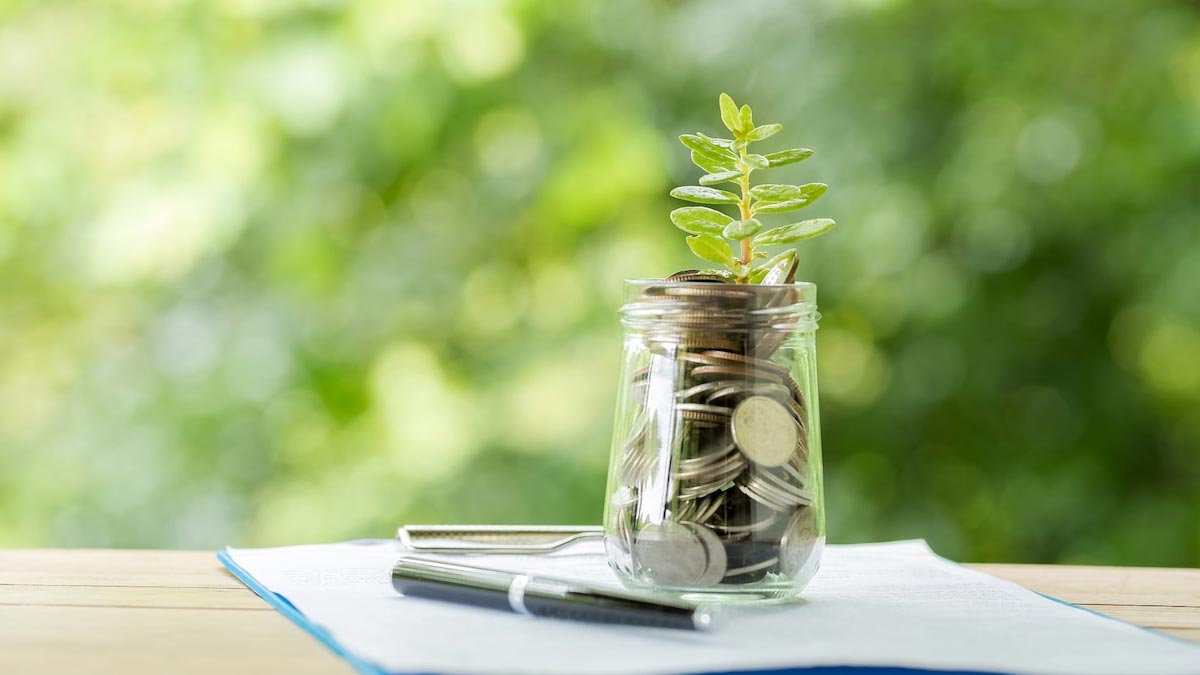
Fixed deposits are something we are all familiar with. From our grandparents to our parents, the concept of fixed deposits has been around forever. But are they meant for the fast-paced lives and high exacting standards that most millennials live by? Read on to find out!

Money is deposited in the bank for a fixed period in exchange for a fixed rate of interest. The money is essentially locked away for this period, and one cannot access it before maturity.
There is not much difference between a normal savings account and a fixed deposit. In both cases, you keep your money in the bank and you are given interest income in return. The two main differences are the ease of withdrawal and the rate of interest.
In the former case, you lose out on the higher interest but gain the benefits of anytime of withdrawal. In the case of fixed deposits, the reverse applies — you get higher interest but lose access to your money for a certain period of time.
In essence, the bank pays you more interest for uninterrupted access to your money.

Banks invest your money. They use our money to give out loans to people and invest it in various instruments like bonds, mutual funds, equity, etc. The purpose is to generate high returns for the bank. As long as they earn more than the interest payment on FDs, the banks are in profit. The longer you keep your money in the bank, undisturbed, the better it is.
For example, imagine you have put ₹50,000 in a fixed deposit which matures in five years and pays a yearly interest of 6%. The bank can use this money to give out a loan at 10% per year. This means the bank earns a profit of 4%.
Fixed deposits are one of the safest investment instruments available. They are second only to government bonds.
The banking industry is highly regulated by the RBI. The process of obtaining a banking licence is long, complicated, and highly stringent. This ensures that only large, well-performing, and well-reputed companies become banks. This ensures that your money remains safe.
The only danger to your deposit is if the bank becomes insolvent, i.e., if the bank goes bankrupt! This is rare, but it has happened before. Take Yes Bank, for instance.
But even in this case, RBI steps in to put together a bailout package. Sometimes, the failed bank is merged with a healthy one. In the case of Yes Bank, a group of eight banks stepped in with fresh investments and a restructuring plan. In other words, your money remains safe.
The RBI governor Shaktikanta Das, in fact, personally reassured depositors about the safety of their money.
In fact, your deposits are actually insured under the Deposit Insurance and Credit Guarantee Corporation (DICGC) scheme. All deposits and interest amount up to ₹1 lakh are insured.
If you are looking for fast growth and high returns, fixed deposits are unsuitable for you. But, if you are looking to build up a diversified portfolio, with your money spread out across different asset classes, fixed deposits can help. They can offer safety and security in times of volatility.
The bottom line is that fixed deposits are still relevant for millennial women. We know the importance of having a safety net, and we know it is best not to be too greedy when it comes to investments. Don’t put all your money in the stock market. Keep at least 20-30% of your assets in safe instruments like fixed deposits.
For more such finance stories, stay tuned to HerZindagi.
Also watch this video
Herzindagi video
Our aim is to provide accurate, safe and expert verified information through our articles and social media handles. The remedies, advice and tips mentioned here are for general information only. Please consult your expert before trying any kind of health, beauty, life hacks or astrology related tips. For any feedback or complaint, contact us at compliant_gro@jagrannewmedia.com.